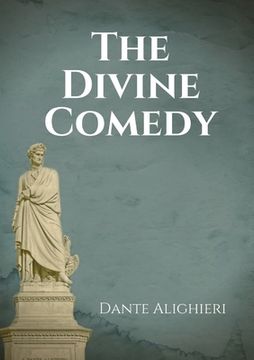
The Divine Comedy: An Italian narrative poem by Dante Alighieri, begun c. 1308 and completed in 1320, a year before his death in 1321 and
Dante Alighieri (Author) · Les Prairies Numeriques · Paperback
£ 23.18
Choose the list to add your product or create one New List
Go to My WishlistsDo you have a question about the book? Login to be able to add your own question.
